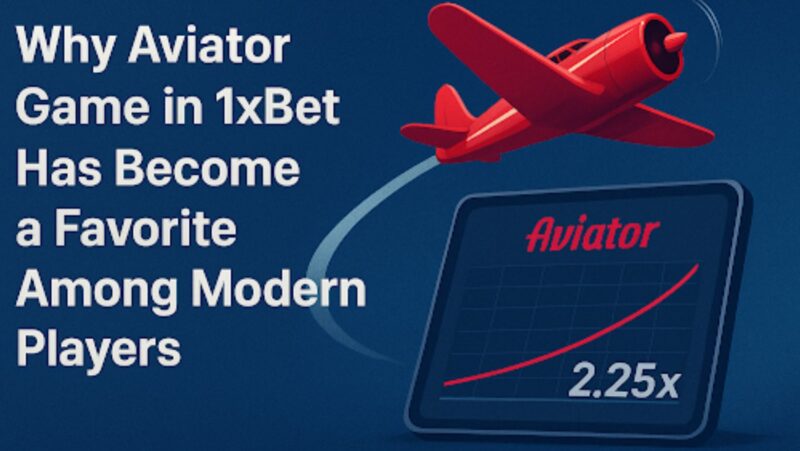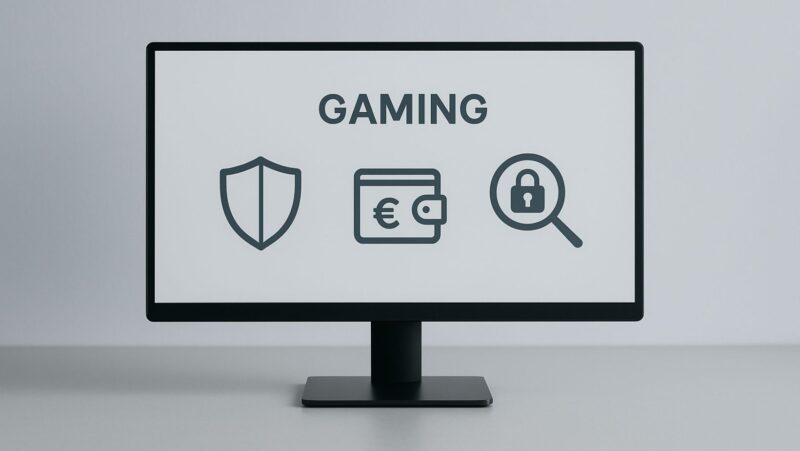
In 2025, slot is no longer a niche hobby—it’s a billion-dollar global industry that rivals traditional sports. From sold-out arenas to six-figure salaries, professional gamers are getting the recognition, respect, and rewards they deserve. But how do you go from a casual player to a competitive esports athlete?
This guide will break down everything you need to know to get started with professional gaming, including choosing a game, improving your skills, joining teams, building your brand, and turning your passion into a real career.
What Is Esports?
Esports (electronic sports) refers to competitive video gaming at a professional level. Players and teams compete in organized tournaments for prize money, sponsorships, and fame.
Popular esports titles in 2025 include:
- League of Legends
- Valorant
- Counter-Strike 2
- Fortnite
- Dota 2
- Rocket League
- Mobile Legends
- PUBG Mobile
With millions of viewers and events broadcasted on platforms like Twitch, YouTube, and even ESPN, esports is one of the fastest-growing industries in the world.
Step 1: Choose Your Game Wisely
To succeed in esports, you must master one specific game—not play ten casually.
Factors to Consider:
- Popularity: Choose a game with an active player base and tournament scene.
- Platform: Are you more comfortable on PC, console, or mobile?
- Style: FPS, MOBA, battle royale, strategy, or fighting—what suits your strengths?
- Monetization: Look at the earning potential (tournaments, sponsors, streaming).
Example:
If you’re good at tactical thinking and teamwork, games like Valorant or Dota 2 may suit you. If you have insane reflexes, Fortnite or Apex Legends might be a better fit.
Step 2: Train Like a Pro
Becoming a pro gamer isn’t just about playing a lot—it’s about playing smart.
Daily Practice Plan:
- Warm-up: 30 minutes of mechanical or aim training
- Ranked Matches: 3–5 serious competitive matches
- Review: Watch your replays and identify mistakes
- Watch Pros: Learn from streamers and tournament footage
- Team Practice (if applicable): Scrims, strategy talks, role assignments
Use tools like:
- Aim Lab / Kovaak’s (for FPS)
- Mobalytics / Blitz.gg (for MOBAs)
- Replay Analysis Tools built into most competitive games
Step 3: Join Online Communities & Tournaments
Once your skills are solid, it’s time to enter the scene.
Where to Start:
- Discord Servers for your game (look for scrim groups and LFG channels)
- Battlefy, Faceit, ESL Play, Game.tv – for amateur tournaments
- Reddit & Twitter – find open tryouts and team recruitment posts
Start by entering local or online amateur tournaments. They’ll help you:
- Gain experience under pressure
- Get noticed by scouts or team captains
- Build your resume as a competitor
Step 4: Develop Your In-Game IQ
Skill alone isn’t enough. Top players also have:
- Game sense: Knowing where enemies might be
- Map knowledge: Learning common choke points and rotations
- Adaptability: Switching strategies mid-game
- Team synergy: Communicating and playing off your teammates
Consider working with a coach or watching educational videos focused on strategy, not just highlights.
Step 5: Build Your Brand
In 2025, the esports scene is more than competition—it’s also about personal branding.
Platforms to Build On:
- Twitch – Stream ranked gameplay or educational content
- YouTube – Post guides, montages, or analysis
- TikTok – Short clips and highlights for fast engagement
- Twitter/X – Connect with the esports community, orgs, and teammates
Even if you’re not the best yet, consistent content and a positive reputation can open doors for sponsorships and org invites.
Step 6: Join a Team or Esports Organization
Most pro players are part of a team or esports org that provides:
- Salary or tournament funding
- Coaching and analysis
- Access to scrims and pro lobbies
- Branding and sponsorship opportunities
How to Join:
- Start with amateur teams via Discord or Reddit
- Participate in open qualifiers
- Submit your clips or resume to scouting managers
- Reach out to team captains on social media
Show that you’re not only skilled but also dedicated, coachable, and team-oriented.
Step 7: Monetize Your Skills
Professional gamers make money in multiple ways:
- Tournament Winnings – From small online cups to global championships
- Salaries – If you’re signed to an org
- Streaming Revenue – From Twitch subs, donations, and ads
- Sponsorships – Brands may pay for shoutouts or gear reviews
- Coaching – Teaching others can be profitable
- Merch & Crowdfunding – Building a loyal fanbase helps
In 2025, even semi-pros can make a decent side income through hybrid monetization.
Challenges to Expect
- Burnout: Competitive gaming is mentally and physically exhausting.
- Toxicity: Online environments can be negative; stay focused.
- Job Stability: Only a small percentage make it full-time.
- Time Management: Balancing gaming with school, work, or life is tough.
That’s why mindset, discipline, and long-term planning are crucial for success.
Final Thoughts
Esports offers an exciting career path for those who are passionate, skilled, and committed. It’s not just about playing games—it’s about competing, evolving, and building a brand in a growing global industry.
Whether you dream of lifting a championship trophy or just want to earn money doing what you love, the journey to becoming a professional gamer starts today.







